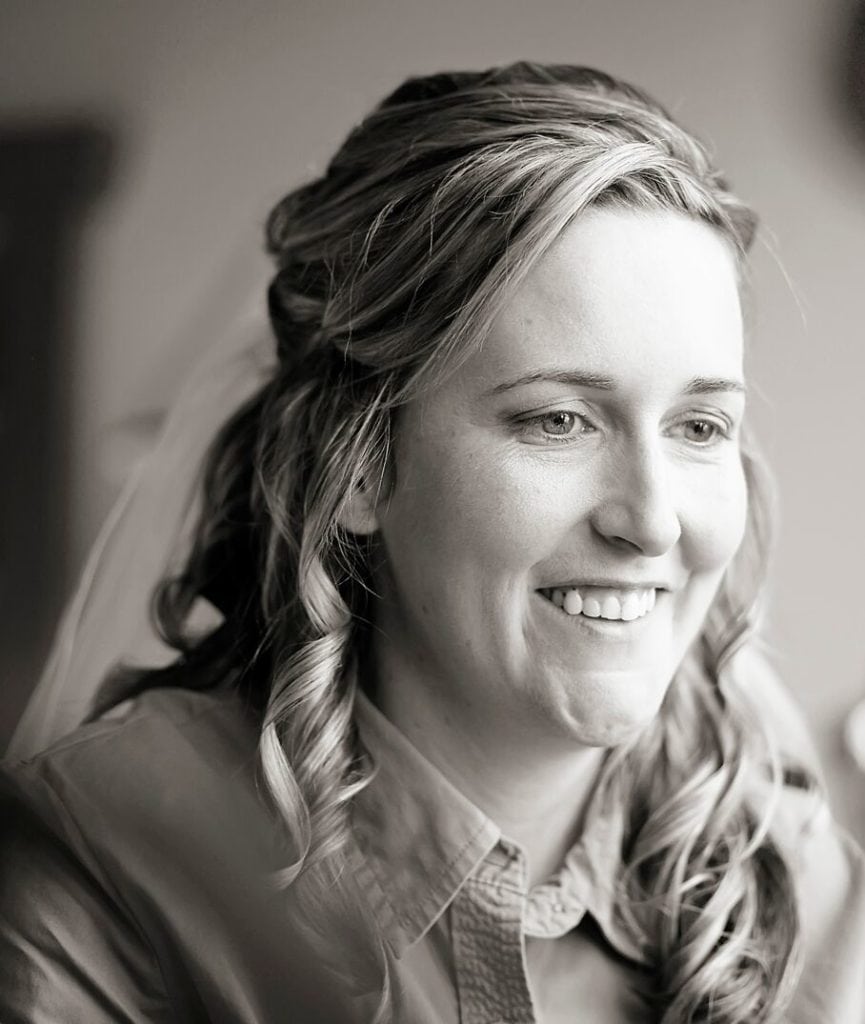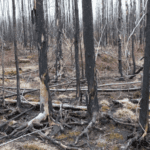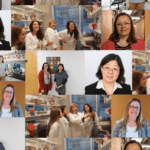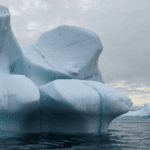Last month we started our Women in Science series, featuring an interview with Dr. Andrea Kirkwood from the University of Ontario Institute of Technology. We continue our series with the story of a completely different career in science. Again, while this is by no means representative of the experience of all women in science, it provides a glimpse into one personal story and career trajectory, and gives us a window into potential ways in which we help—or hinder—women in science. For girls and women interested in science, this post is intended to help them better understand what that career path could look like.

A recent article on women in science, technology, engineering and mathematics (STEM) suggested that many women see STEM as a four-letter word, whether they’re in the process of choosing a career or are leaving STEM partway through their career. Today we feature woman-in-science Catherine Anderson, PhD, who does a combination of teaching and outreach for both the University of British Columbia (UBC) and Science World. Far from seeing STEM as a four-letter word, Anderson merely dismissed science when she was young because it involved a lot of repetition and never capitalized on the “cool stuff” at the end of the textbook.
“I wanted to be a fireman or a hockey referee,” she laughs, “though I don’t even know how to skate.”
Anderson has turned a PhD in Medical Genetics into a varied career that involves lecturing and working with second-year medical students at UBC, and designing and running the Future Science Leaders enrichment program at Science World.
Following a BSc in Microbiology from UBC, Anderson took seven years off to explore other interests, including working with children with disabilities, singing and playing the piano, and travelling around the world on her own for a year – a trip she credits with helping her conquer shyness. After completing her PhD in 2002, Anderson took a postdoctoral position at BC Children’s and Women’s Hospital and the University of Nottingham, studying whether the number of chromosomes in the placenta could cause pre-eclampsia, an often fatal illness that can strike pregnant women.
Unfortunately, halfway through her postdoc Anderson was forced to take long term disability leave. Since she wasn’t set on a career path that would see her running her own research lab, the leave—in combination with her varied interests outside of work—sent her career trajectory on an interesting tangent. It was during this time that she became a tutor for UBC’s Medicine department, and started working with Genome BC on website writing and outreach activities. That has led to her current career at UBC and Science World.
Anderson notes that the worst she’s experienced during her career in science was at her first conference. “My PhD supervisor was a woman, as were a lot of people in our department. So at my first conference, when an older MD asked ‘What’s a pretty young thing like you doing in science?’, I was totally shocked. I’d never experienced that before… I didn’t grow up with the idea that there were certain things girls should do, like get married or have kids.”
Anderson struggles with the topic of women-in-science, as she feels that the limitations women in science experience are due not to the discipline in and of itself, but rather to overarching societal norms and expectations. She thinks she’s likely seen fewer challenges than other women in science because she’s child-free, though the topic of children came up frequently—if obliquely—when she interviewed for postdoctoral positions. While she sees increasing number of fathers taking paternity leave, the stereotype of the wife following her husband to a new job has popped up a few times in her career. Rather than follow her husband to a new job, however, Anderson has stayed in Vancouver and commuted for two years to New York City; this year she’s commuting from Vancouver to Montreal.
Her advice for girls considering a career in science is practical. “We know what the best jobs are for security, creativity, or prestige – but you have to do things for you rather than being concerned what others will think,” says Anderson. “Do what interests you, if possible… If you start by doing things that you like, opportunities will show up. Just remember, even the best job in the world will have tasks that you don’t like and days that suck—but try to find a job with a minimum of that.”
Like our previous interviewee, Anderson notes that you have to balance passion with practicalities to pay the bills, and cautions women to be aware of the confidence gap. “I didn’t push myself enough when I was looking for postdocs. I limited myself to things I knew I could do, and discounted things that I could probably do,” she says.
For more on Catherine Anderson, PhD see her blog or follow her on Twitter.
For more on the confidence gap—including a comparison between lack of confidence and imposter syndrome—see Alicia Liu’s Medium post.




